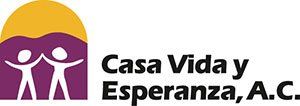Staff Conversations
Staff Stories
What is it like serving at Casa Vida Esperanza? How has God been working in the children’s hearts? Take a moment and read how some of the Caregivers at CVE have seen God at work in their lives and the lives of the children they care for.
Note: children's names have been changed for their safety and privacy
In the Staff's Own Words: this is a place where you can “take a seat” with some of the members of CVE’s staff and hear about the Caregiving experience from their own lips.
Jump links:
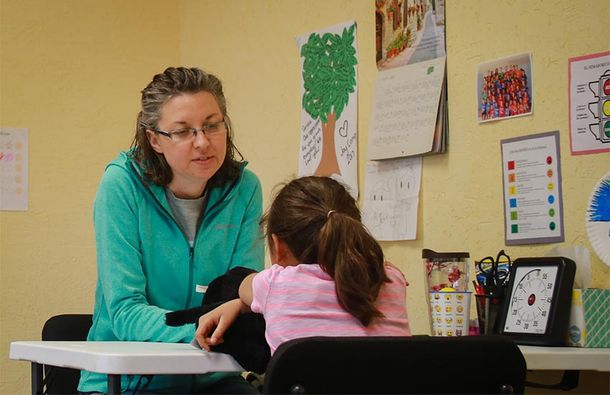
What has God taught you through serving at CVE?
- Ultimately, God is in control. This becomes very real serving at CVE because you have no power to change a kid’s heart. You are even limited in your power to control behavior. Everyday, you are reminded of God being in control.
- When you make a mistake, it means a lot more to a kid that you go back, admit the mistake, and apologize than doing it all perfectly in the first place.
- My eyes were opened to the world outside of AC’ville [what I was used to]. There is a lot of brokenness in the world that I was oblivious to.
- He has opened my eyes to the day-to-day interactions with the Spirit. Before moving to CVE, my life in the States was a “scheduled” thing. I did not rely on the Spirit as much. I had it “figured out” so to speak. The Spirit has used CVE to teach me that He is there in the little things, present in everything.
- God has shown me that He is bigger than I thought when I got here by placing me in situations that were harder than I have ever seen or experienced. He has taught me to trust Him and His ability to lead me through those experiences so that I am resting in His strength and not my own. He is bigger than my problems and any problem that I can anticipate coming.
- God invites us to participate in His work. He does not need us to do His work. If I see myself as an irreplaceable part of God’s work, I have sinful pride. This is a pride that can hinder God’s work in my life. It’s important to remember that I get to be in a front row seat to see the work of God and it is a privilege to be a part of His work.
- To be in a place where our focus is on the kids has taught us how to esteem others higher than ourselves and make us less selfish.
- I have learned about the value of the time I spend with God. This time affects every area of my life in ways that I have never realized before.
- I have learned a lot about what it means to be an advocate as a Christian; to stand up for somebody and fight for them while at the same time being surrendered to God’s will and fighting for them in prayer.
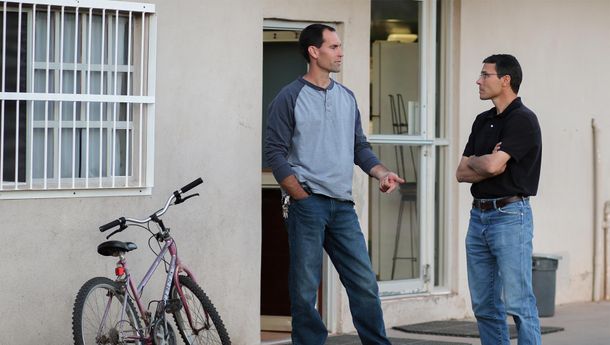
What are some of the challenges in working with kids from hard places?
- It is 24/7 work.
- [Being a Caregiver] is one-directional most of the time; you are pouring out for the kid without receiving anything in return. Therefore, you have to be getting your fuel, affirmation, and input from other things.
- It’s very difficult to earn or keep trust with kids that are not your own and who have come from difficult backgrounds. And, when trust is earned, it can disintegrate very quickly.
- Kids from hard places rarely present their truest needs first, rather their behaviors cover their needs. The challenge is looking through and behind the behaviors to find the true insecurities and fears of the child.
- We, as humans, are not enough to heal the wounds of children’s pasts and of being born into a sinful world. We cannot be the answer, we must always be pointing them to Jesus who can heal both hurts and sin.
- The biggest challenge for me is separating your own problems from the child’s problems. It is a challenge to see the child’s needs and interpret it according to the reality of what that child is experiencing and not through the lens of my embarrassment or selfishness as the Caregiver. I must always be putting aside myself and looking at the child for what they are experiencing and what their needs are.
- It’s a challenge to show the kids that there is hope. To give hope, we need to fill ourselves with hope.
- Kids from hard places are oftentimes very guarded and not wanting to risk hurt again. This means that they will fiercely protect themselves until they know they are truly loved. Kids from hard places rarely reciprocate affection. The challenge, then, is giving and expecting nothing in return. That giving takes a lot of effort.
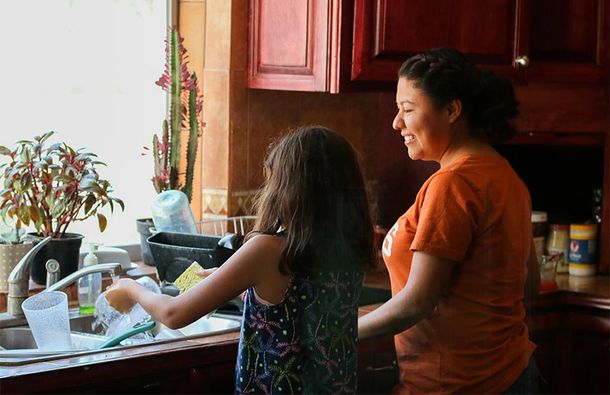
What are some of the blessings in working with kids from hard places?
- It gives perspective along with a reality check. Coming from the Midwest, a “solid” family, and a rural community really shapes your worldview. Coming here opens your eyes. The people here see beauty in things we don’t or take for granted.
- When you see any kind of healing, no matter how small, it is huge. It makes you realize how much God cares about even the smallest details.
- Because the road to developing trust is so hard, even little steps are huge joys.
- Even though [the Caregiver’s and the child’s] childhoods are so different, I see a lot of my own tendencies in the tendencies of the children I take care of; we both share a lot of the same fears and desires.
- I have learned about myself in terms of my relationship with God. There are times where a kid does something ridiculous and I’m like, “Really??!” Then the Spirit stops me and says, “Woah, that is exactly what you have done to Me.” It is a blessing to see God work through that.
- Working with the kids at CVE has opened my eyes to situations in the world that I would have never seen before. The world is not the Instagram façade; it is not the “I’ve got it all put together” life. My eyes were opened to the reality of the world around us and how desperately it needs Christ.
- It is a blessing watching a child, one of God’s creations, grow, develop, and learn new things.
- It is a blessing knowing that what I am doing every day is not of myself but is of the power of God. Because my job is mixed with ministry, I am forced to keep that truth in my mind…my life is less compartmentalized because of this.
- Going through all the challenges we have [with the kids] makes the growth and changes we have seen all the bigger. Like the stars shining in the darkness, to see how God has worked against the backdrop of all the pain is so beautiful.
- Most of the blessings come from the hardest things.
- You understand some things that you had never understood about God before because you see it through the children’s eyes.
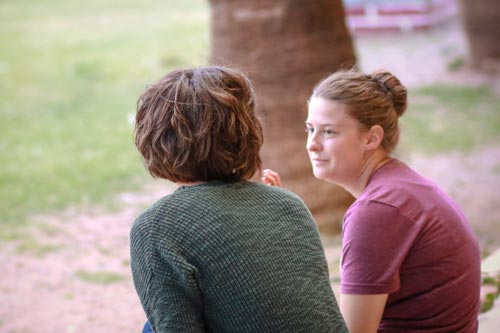
What advice or wisdom would you give to those considering coming to CVE and serving as Caregivers?
- Learning the language is important. Affecting people comes through relationship and relationship comes through language. True relationships only happen if you can communicate.
- Be prepared to be faced with your weak points. If you are called to a mission of any form, whether it is domestic or foreign, Satan is not going to be happy about it and he knows your weak points.
- Come down with an open mind, not a whole lot of expectations in order to adapt to what is down here. Your view on reality is just that, your view. To jump into another culture and fit things into your box is going to create a lot of conflict.
- Don’t come down for the “orphan”. Come down because you want to serve Jesus and serve Him in this area.
- Learn how to rest well before coming down. It is really easy to “veg-out”. It is harder to really rest. Learn how to really rest because it will be so important when you arrive. If you already know how to rest well and seek God in your rest time, that will help you immensely when you get here.
- Dig into any foster-parenting resources. Try to understand people in foster-care and challenges that those in your own community have with kids from hard places. Become friends with those in your community who have kids from hard places. Understand that CVE will have children with the same challenges but fewer resources, schooling, professional help (therapy, counseling, medical, educational), and community support (family, church body).
- When you get to CVE you are still the same person you were before you came. Therefore, be honest about your challenges and ask others for input on your weaknesses and strengths before coming…know how to be vulnerable before God and others with those. Be willing to grow. Be willing to let God’s strength be strong in your weaknesses.
- Do not come with a Savior or Hero mindset. This is not how to serve...love is not the only thing that these kids need. Love is not the fixer, it’s only a part. Only God can be the Savior.
- My motto is the following: Calm and firm. Only situation worse than an out-of-control child is an out-of-control child and an out-of-control caregiver.
- Do not come expecting to be a hero. The kids will not see you that way.
- You are still yourself when you move here. Becoming a missionary, involved in foster care, or being in a different culture does not suddenly change who you are. The same struggles and habits will continue when you get here.
- Value your sending church. It is so important to stay connected to them. More than likely, you will eventually be going back to that place…find those people in your church who are invested and would be invested if you were still living State-side. The sending church is way more valuable than I have given credit to. Especially the prayer of the sending church.
